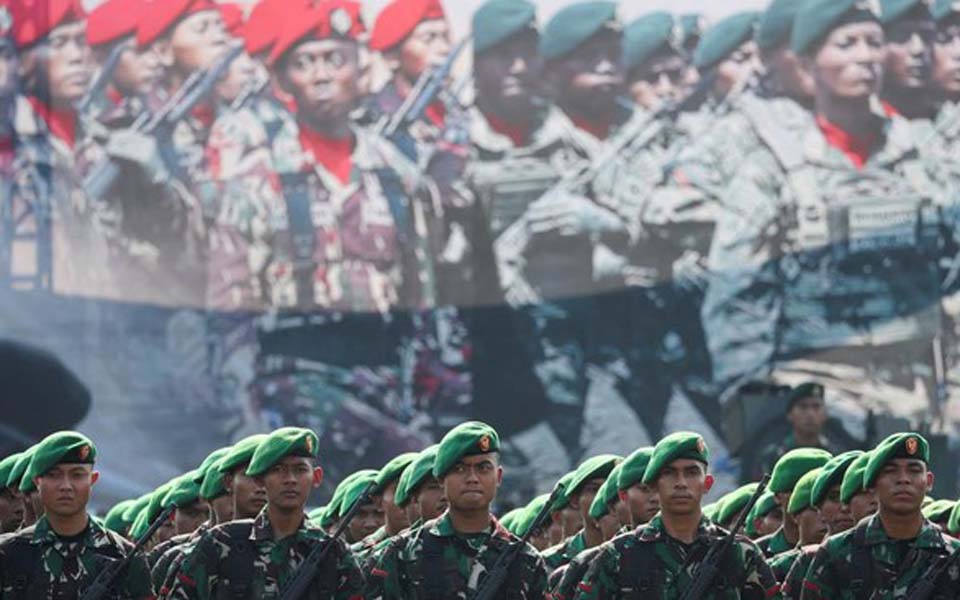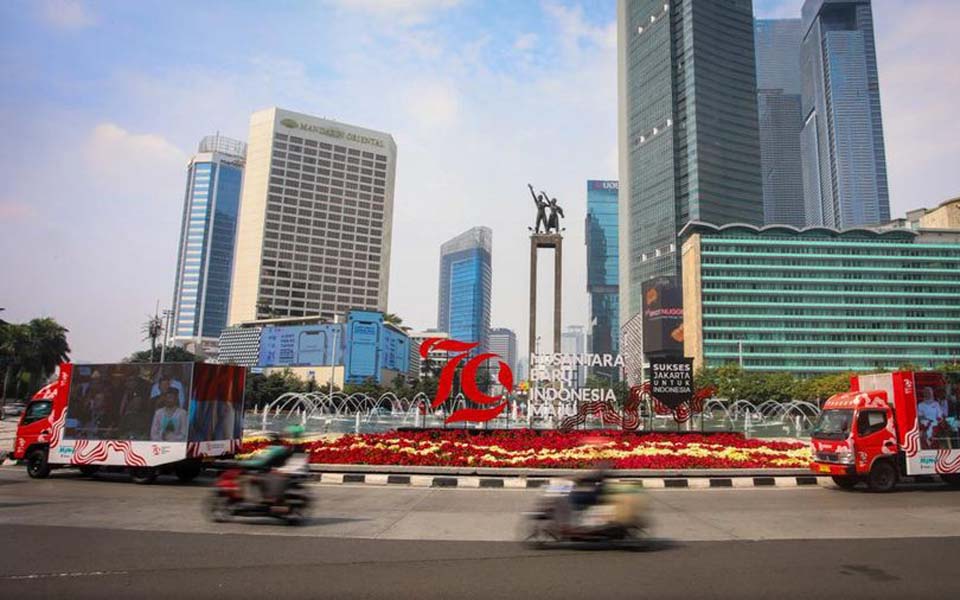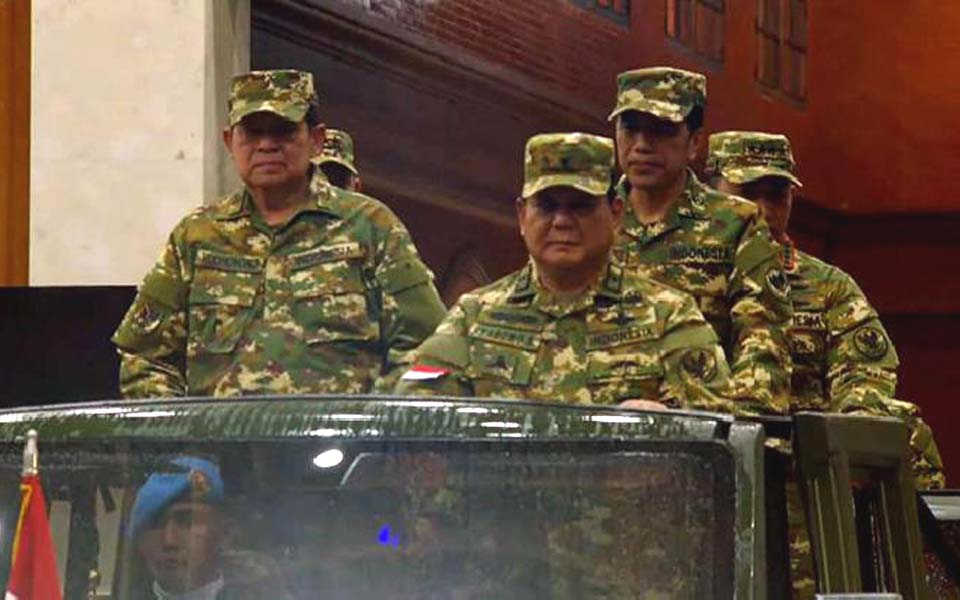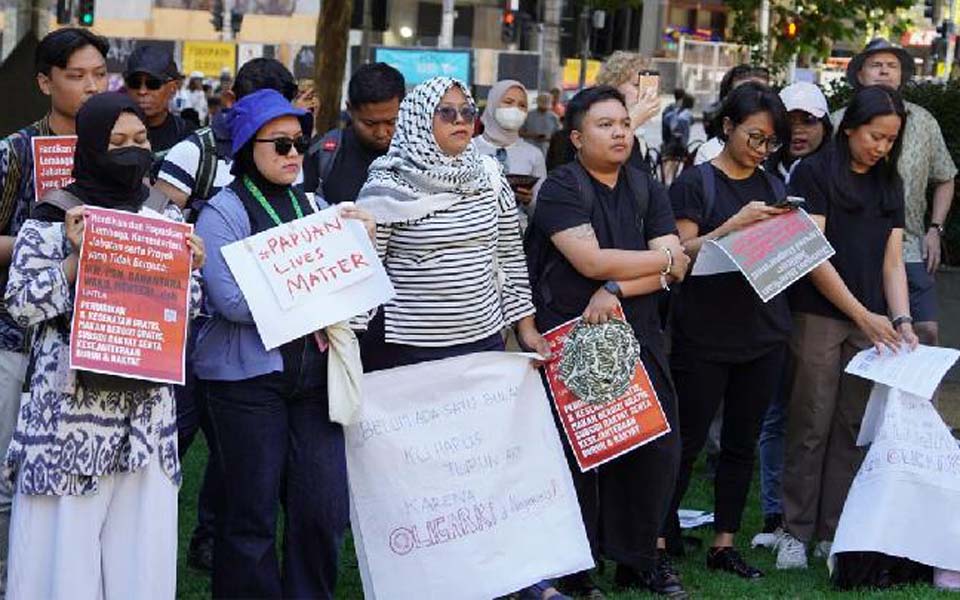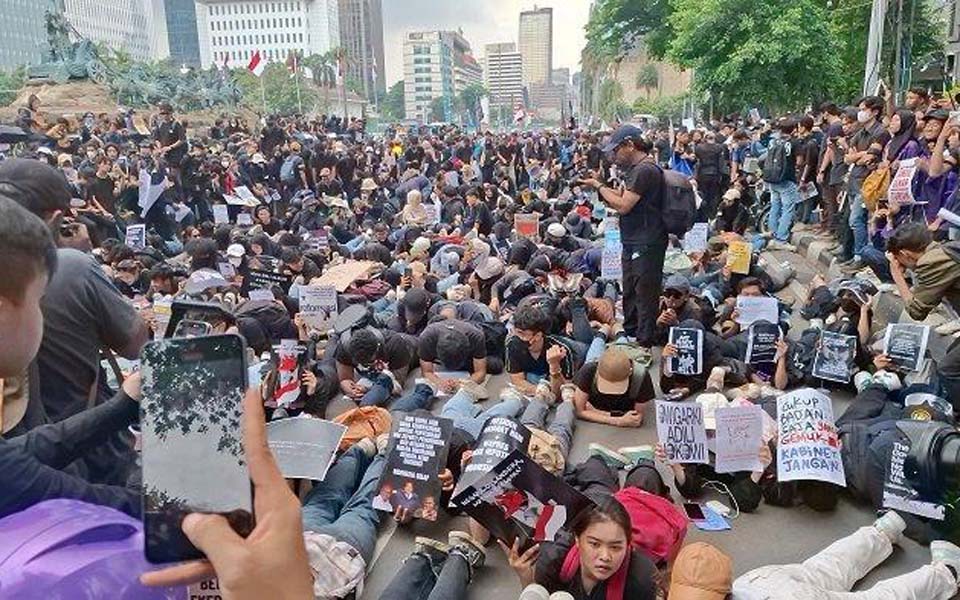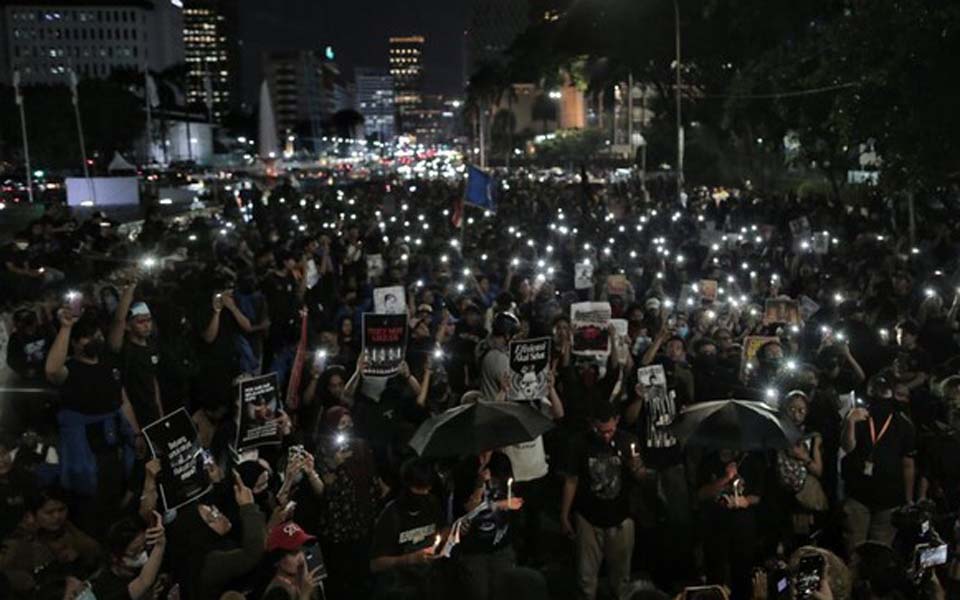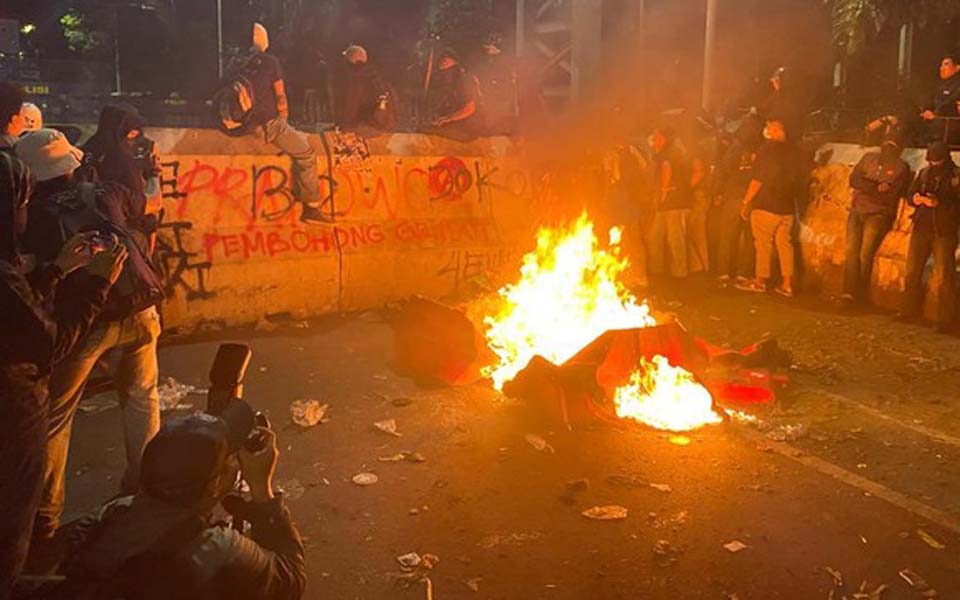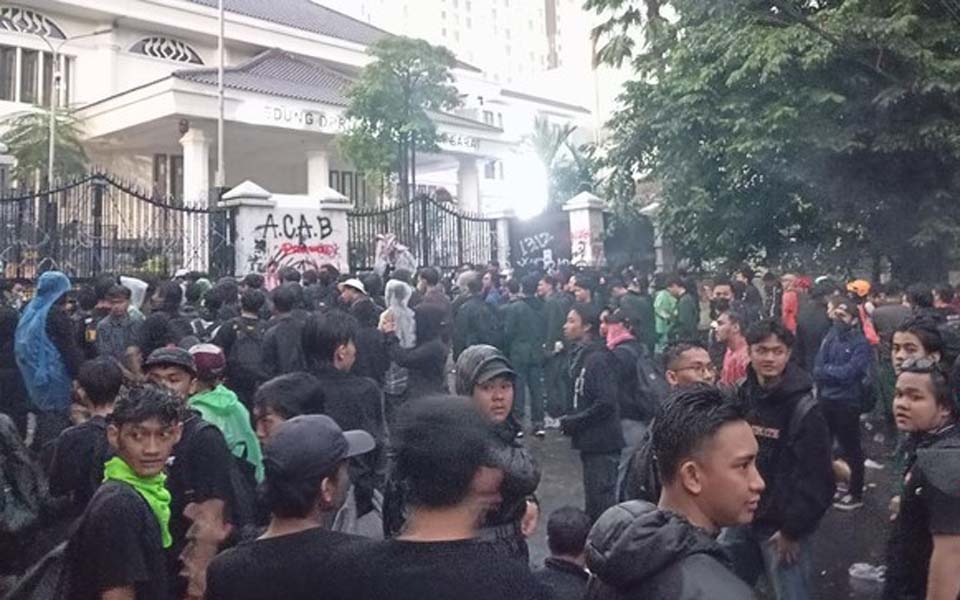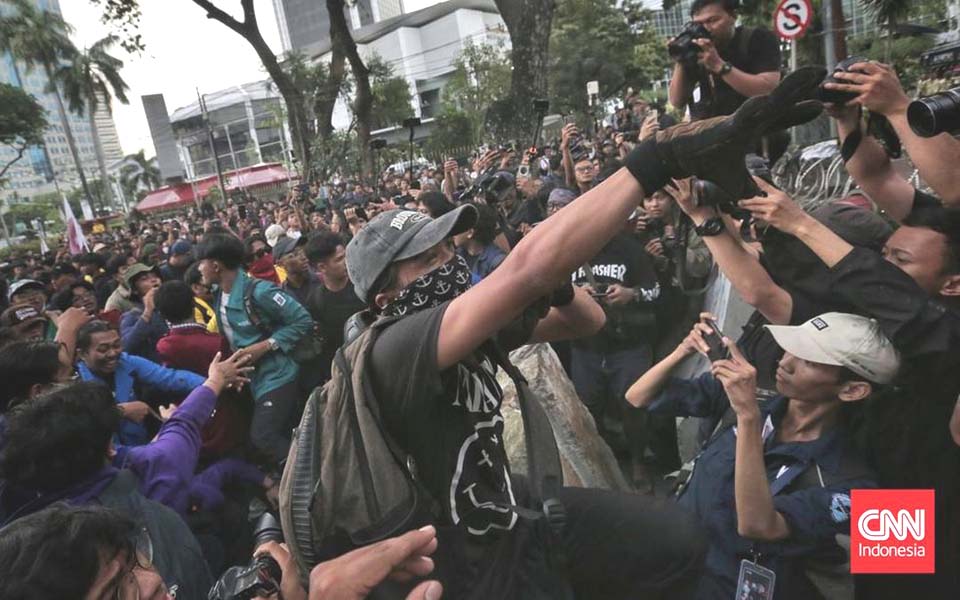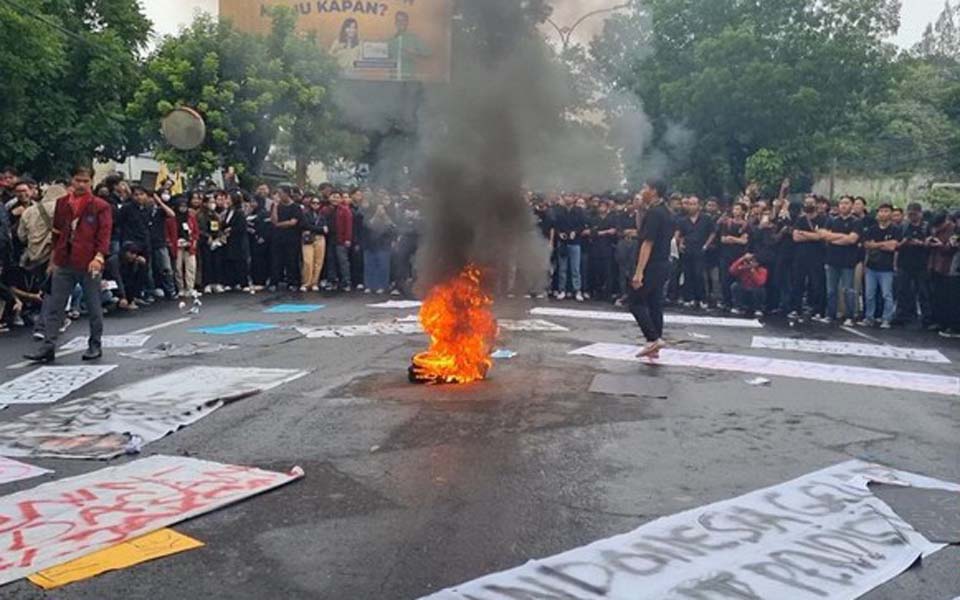Ardito Ramadhan, Jakarta – The results of a survey conducted by Kompas Research and Development (Litbang Kompas) on September 6-9 showed that the majority of the pubic (93 percent) believe that fuel (BBM) subsidies are still needed.
Broken down, 37.1 percent of respondents believe that fuel subsidies are needed and should continue as before, while 55.9 percent stated that subsidies are still needed but must be better targeted.
Only 5.5 percent of respondents meanwhile consider that fuel subsidies are unnecessary and 1.5 percent of respondents did not answer or did not know.
Quoting from Kompas.id, the majority of those who want fuel subsides to continue come from middle- to lower-income groups who feel that fuel price increases will burden them.
Nevertheless, the survey also picked up that the majority of respondents (94 percent) from the middle- to upper-income groups also felt the same.
"Meaning, the basic assumption that fuel price increases will burden the public's lives from all social-economic groups was proven to be true. Even though the middle- to lower-income groups felt the impact more", wrote Litbang Kompas.
The survey also picked up that the pubic hopes that government subsidies can be maintained by improving the format and mechanism. This is because fuel subsidies up until now have been far from ideal, one of the reasons the policy is seen as not being on target.
This conclusion emerged from the survey because around 70 percent of respondents felt this was the case while some of them even stated that the fuel subsidy scheme up until now has completely missed its target.
"There is no doubt, there is a hope that the government will improve the model of the subsidies being provided. More than half of the respondents believe that subsidies are missed by the public [and needed] to support their livelihoods", wrote Litbang Kompas.
"Because of this, they hope that the BBM subsidy scheme will be improved so that it is better targeted", wrote Litbang Kompas.
The survey involved 504 respondents from 34 provinces using the direct interview method. The sample was selected randomly by a Litbang Kompas panel in accordance with the proportion of the population in each province.
Using this method, the survey's level of confidence was as high as 95 percent with a margin of error of around 4.37 percent.
[Translated by James Balowski. The original title of the article was "Survei Litbang "Kompas": Mayoritas Publik Nilai Subsidi BBM Masih Diperlukan".]






